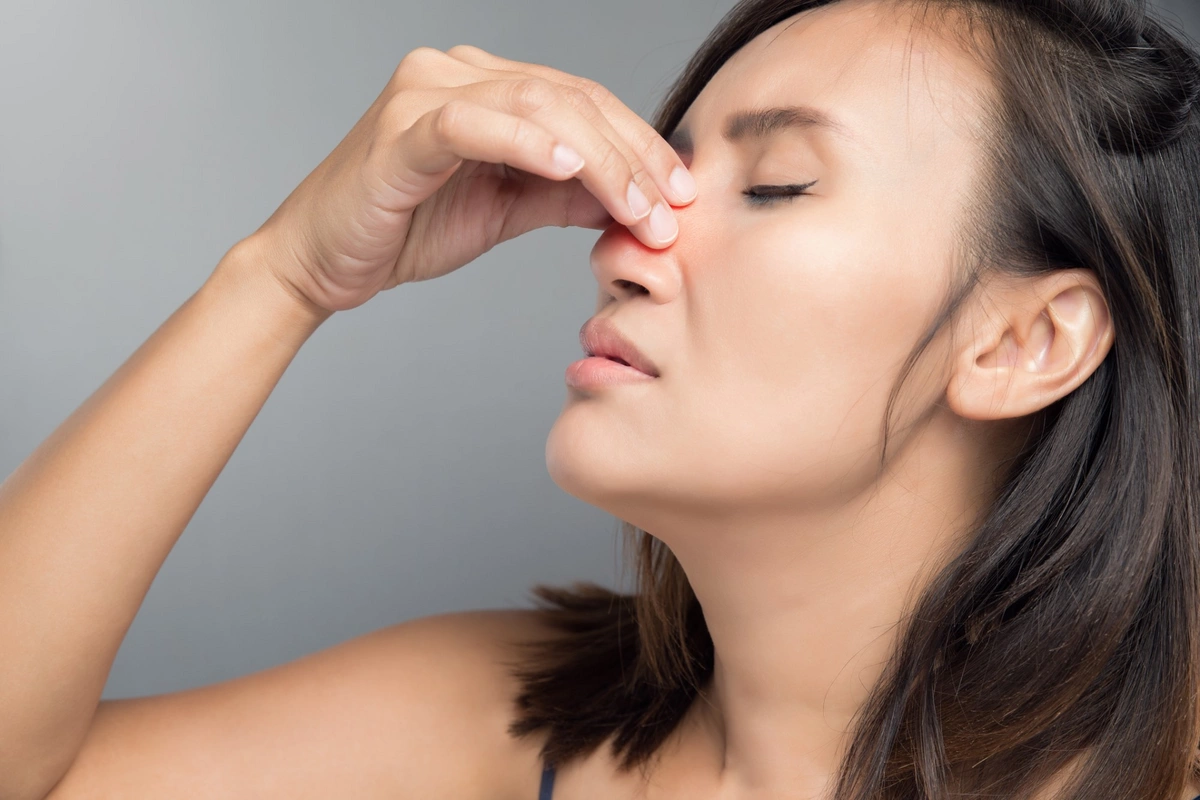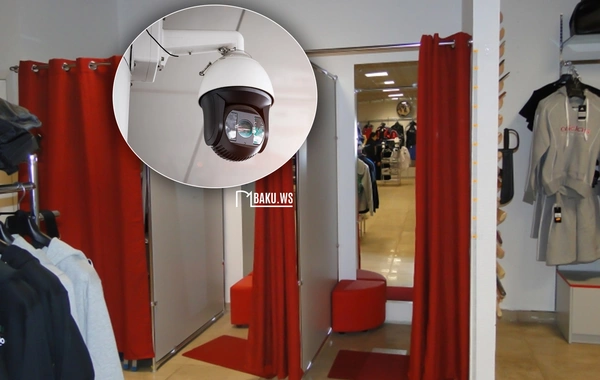Why one nostril gets blocked in summer: main causes## Translated content

The summer period seems like a time of relief from colds and nasal congestion. However, for some people, it's precisely in summer when they get the feeling that one nostril stops breathing normally. This can cause discomfort, headaches, and even worsen sleep. There can be several causes for this condition.
Natural nasal cycle
Every person has a so-called physiological nasal cycle - one nostril works more actively, then, after a few hours, the load shifts to the other. In summer, this process may be felt more acutely due to heat, stuffiness, or high humidity.
Allergy to pollen, dust, or fluff
In summer, the air contains a large number of allergens: plant pollen, poplar fluff, indoor and outdoor dust. An allergic reaction can cause swelling of the nasal mucosa. Sometimes this swelling occurs unevenly - then a person feels congestion in only one nostril.
Dry air from air conditioners
Frequent stays in rooms with air conditioning can dry out the nasal mucosa. This irritates the respiratory tract, causing local swelling. The nostril that is closer to the flow of cold air gets congested especially often.
Temperature fluctuations
Sudden transitions from heat to a cool room (for example, to a store, office, or transport) are stressful for the body. The vessels of the mucosa react with spasm or dilation, local swelling may begin, especially on one side of the nose.
Deviated septum
If the nasal septum is slightly displaced, air passes worse on one of the sides. In summer, with slight inflammation or swelling, this defect becomes more noticeable, and there is a feeling that one nostril is blocked.
Runny nose after swimming
Swimming in cool water can provoke mild inflammation of the mucosa. If water gets into the nose or a person stays in wet clothes for a long time, unilateral swelling may develop.
Sleeping positions
When sleeping on your side, blood flow to the lower part of the nose increases. This can cause temporary congestion on the side on which the person was lying.
What can help
Rinsing the nose with saline solution
Humidifying the air in the room
Avoiding direct contact with air conditioning
Reducing contact with allergens
Consultation with an otolaryngologist if symptoms recur frequently
If congestion is observed regularly only in summer, it's worth paying attention to allergic reactions, air humidity, and habits related to cooling and swimming.
Similar News
Doctor explained why skin burns faster in summer when drinking alcohol
International studies have confirmed what many vacationers have noticed intuitively: consuming alcoholic beverages at the beach significantly increases the risk...




 Azərbaycanca
Azərbaycanca  По-русски
По-русски  English
English 





